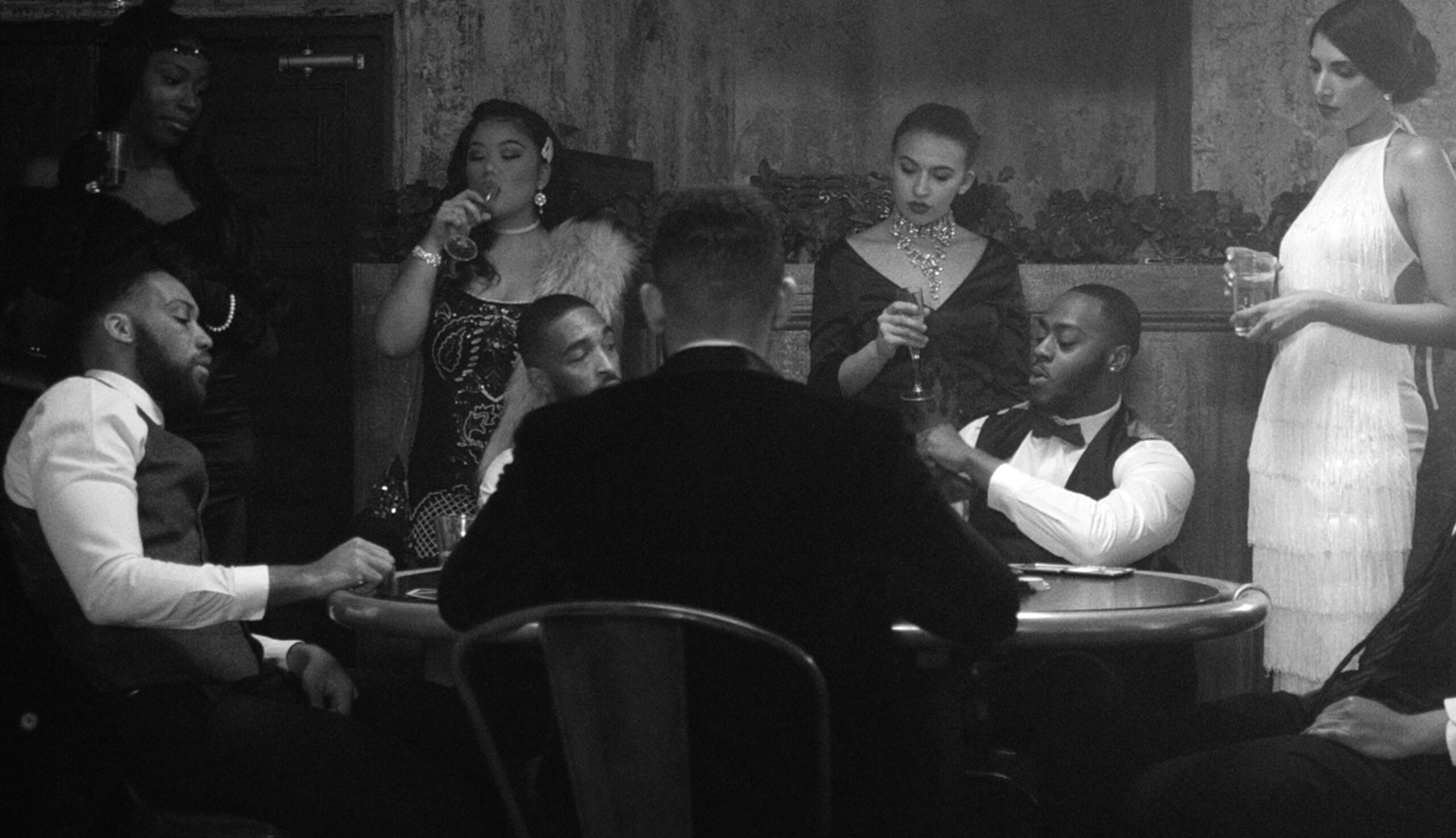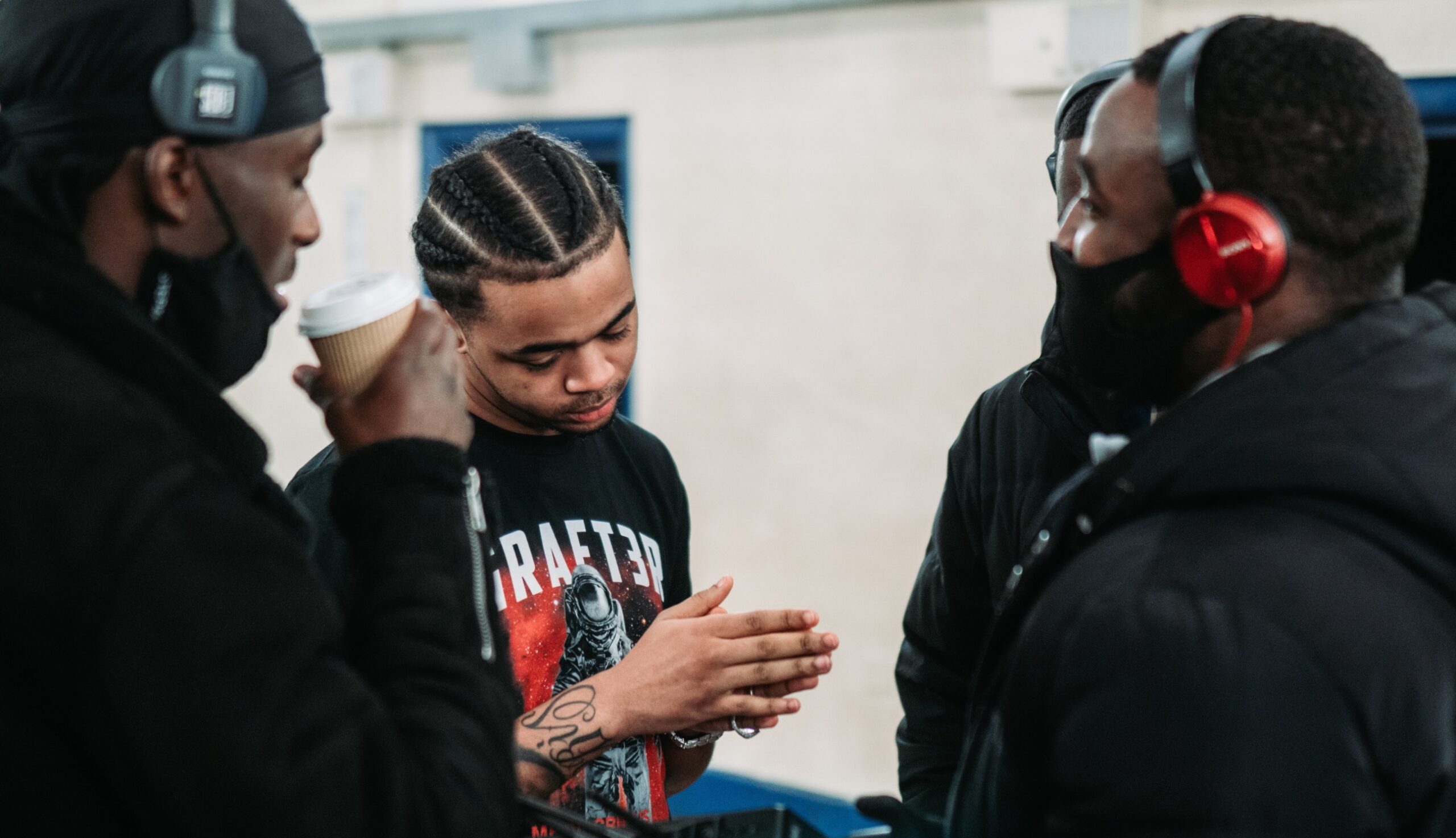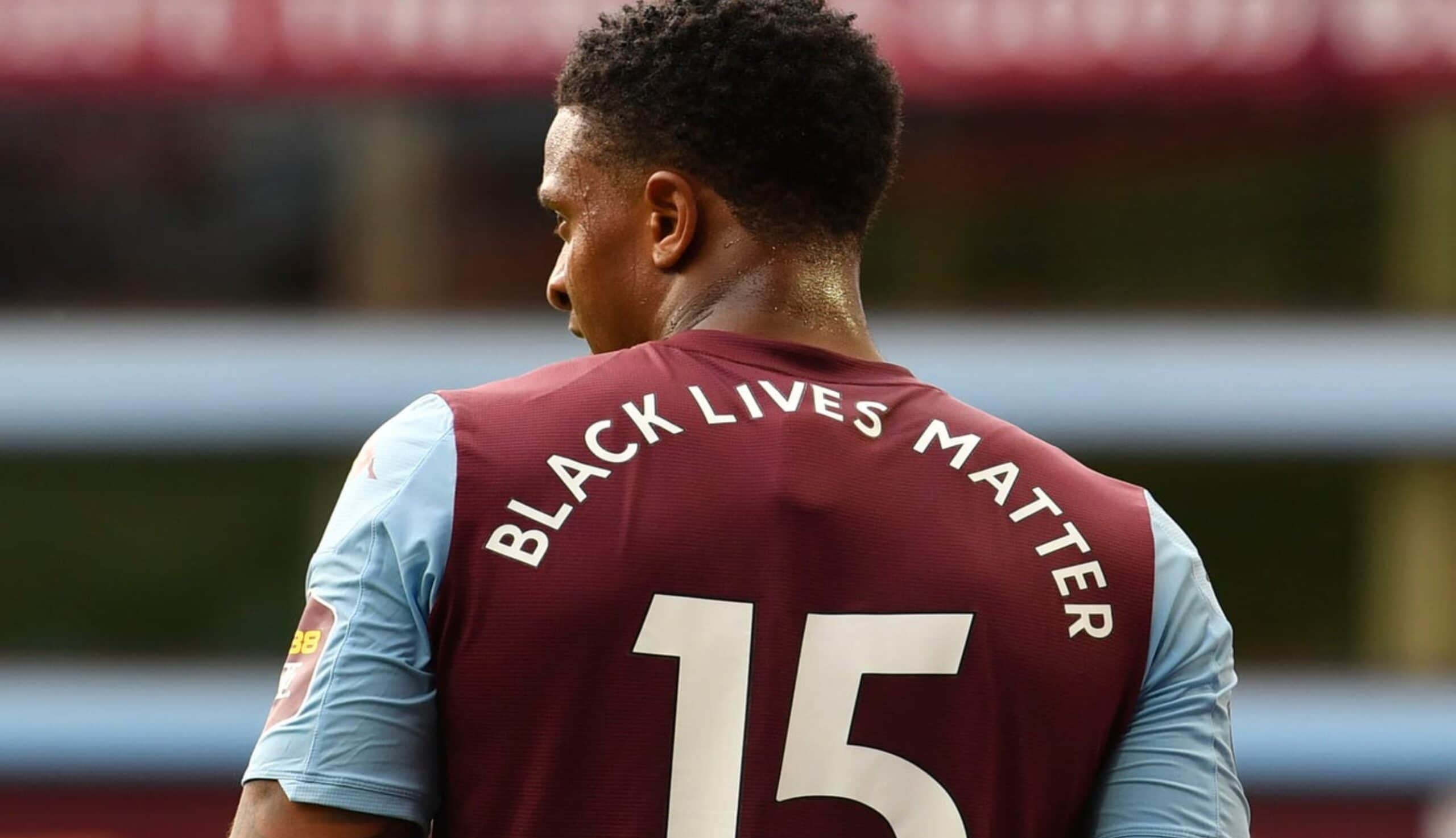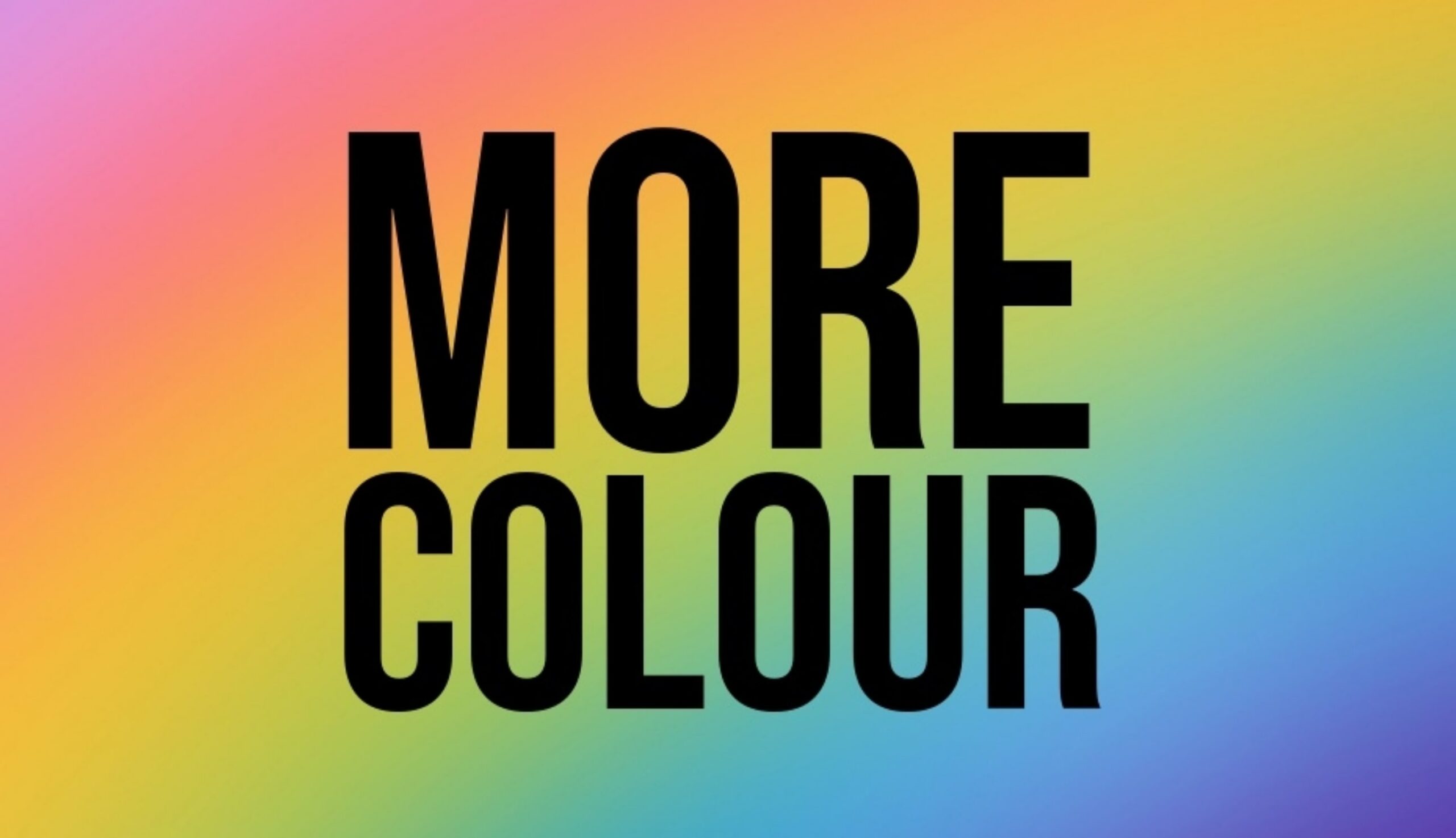
A conversation with André Reid about the challenges of filmmaking
André Reid is a talented director who most recently directed the music video for Jaz Karis’s ‘The Waiting Line’. André also works as a shooting assistant for award-winning production company, Somesuch. Read the interview with André below in which he shares details about his own journey into filmmaking and offers advice for newcomers wanting to break into the industry.
When did you first get into filmmaking? How did that come about?
I use to just do videography – filming studio sessions and stuff like that for fun. But my first music video was probably two or three years ago. I had just got my A7S ii. I think I got it the day before the shoot, so I was rusty with it and learning things on the job. In the end the video worked, but it wasn’t really executed properly. I don’t think it even went on my vimeo so that’s how you know it wasn’t that good! But yeah, that was my first taste for it.
Is there a certain point when you knew you wanted to be a filmmaker?
It came later on, because at first I was more into music – at college I studied music technology. I was interested in the entertainment business as a whole, and after I studied music technology I did another course at college which was media production so that’s when I got a knack for making stuff, but even then I wasn’t really filming anything outside of college.
And then at uni, I did media and cultural studies with psychology and for my final year project I did a mini documentary about US hip hop versus UK rap and that did well – it got me my 2:1 and that. But those times there I barely knew the industry existed, even my lecturers didn’t know much about it. When I started working at Somesuch I told my lecturers that it would be a good idea to get some of their good students to do internships at commercial production companies and then one of them turned around and asked me what a commercial production company was…
What have you found to be the toughest thing about filmmaking?
I’d probably say communication – articulating myself in a way that makes complete sense to everyone that’s listening. I find myself having to repeat myself a lot and I’m only gonna put that down to my communication. So it becomes about constant repetition and making sure that everyone’s on the same page and everyone knows exactly what is trying to be achieved on the project. I think that’s probably what I’ve struggled with the most production-wise.
With pre-production it’s treatments, man. I’ll have the idea; I’ll be able to tell someone the idea and be able to articulate it nicely where people will understand it and like it, but then it’s hard writing it in a way that’s gonna be appealing to the person and also finding the right images for what it is I wanna do. Especially if I can’t recall if I’ve seen certain things done before or done in a way that I wanna do it, that makes it very hard to pull references.
But yeah, mainly it’s the communication part, just making sure that everyone understands exactly what it is that I’m saying.
Directing is mad because that’s all you’re doing really; just telling people what you actually want.
Exactly. And I always say you’re just as strong as your weakest man. I use to hear that a lot when playing sports and the same applies on a set. If your weakest man is the 1st AC or the runner or the gaffer or whoever it is, you’re only as strong as them. That’s why I feel that everyone needs to know what’s required of them and be good enough to get it done because it’s such a collaborative process.
You’ve made multiple music videos for TE dness – what is he like as a collaborator and how did that partnership come about?
That came about due to Dijian, the founder of production company, DMND CLR. He’s done a lot of videos with TE in the past. Funnily enough we met while he was doing an internship at Somesuch. After he left, we kept in contact and he came at me asking to collaborate on a music video for ‘Anybody Else’. And then because of that, he asked me if I wanted to pitch for another TE track – I pitched for it, won it and then that’s how ‘Switch Lanes’ came about.
TE’s cool. He doesn’t mind getting creative, whereas I find that a lot of male artists on the scene, especially if they’re self-funding the project, like simply executed ideas that aren’t too tedious to film.
I think those videos really did make certain people start looking at me more as a director, rather than a videographer for example. A lot of artists were introduced to me as a videographer, so that kind of stays in their head and if I was doing a music video for them, they were probably expecting me to roll with my camera and self-shoot the ting, and it’s like nah bruv, I’m passed that.
There comes a time when you’ve gotta stop doing the things you once did when you’ve earned the right not to have to do them anymore.
Yeah, exactly. I’d still self-shoot if it was needed. I’d still do that stuff for my bredrins if they holla’d me, but in terms of where I wanna go, I’m not really tryna touch the camera anymore just because I know that there’s so many people that are better with it than I am. If you know there’s people who can do it better than you, then why not let them do it.
Most recently you directed a music video for Jaz Karis that has a very different style. A move away from a rap video to an ambitious narrative piece – what made you want to do that?
I’ve known Jaz for a minute and I’ve been a fan for the longest, so I’ve always wanted to do a music video with her. I remember hitting her up and asking her if she could send me the brief for her next music video, just so I could at least pitch on it. She basically said that she liked my work and would love to work with me.
I must have pitched on three of her songs. She liked some of the ideas, but some didn’t resonate. We decided to strip back and just focus on the one music video and take it from there, and that music video was ‘The Waiting Line’ which was gonna be the next track that she planned to release. She told me the feel for it she wanted, and then it was up to me to interpret it and make it into something. It was definitely a collaborative process to come up with the initial thing, but once she told me the vibe she was after, it allowed me to make a story out of it.
The video is a period piece set in the 1920’s – how hard was that to pull off? What was the process behind creating the aesthetic?
I can’t lie, it was a lot of research. So much research. I had to look into 1920’s fashion – what the women use to wear, what the men use to wear, and what kind of events used to take place.
I knew that I wasn’t gonna get everything correct, but I had to work within my means and that’s why the location was crucial. The location took up most of the budget but I was prepared to get the location on point and then work around what the location could give us.
What location was it?
Omeara, by London Bridge. Aesthetically it was bang on, from the stage, to the back stage area. Even the intricate details on the walls. It all just gave off the 1920’s vibe nicely.
I guess that’s the benefits of low-budget filmmaking, it forces you to be creative with how you use things like location.
Definitely, and that’s why that project was such a collaborative process. For example, Jomar, the DOP – you could almost call him an executive producer because he was able to source a lot of the crew. Everyone was basically doing favours on that project. Normally for a job like that you would easily need a £10k budget. So having certain people on board really helped. I think there was six previous Somesuch interns working on it.
Going forward do you want to do more narrative based filmmaking?
Most definitely. For example, I see certain music videos and I think they’re sick, but I don’t think I could do them because sometimes there’s not a structure; it’s more they’re just tryna replicate the feeling that they get from the tune. But personally I do really like narrative pieces. I like storytelling. One of my mantras is to master the art of storytelling, whatever the format. So I would love to do more narrative stuff, and even stuff that takes you outside the box in terms of thinking.
Even from researching the Jaz video I learnt so much, which is somewhat the beauty of it – doing things that you love but at the same time still learning. I feel like if I’m not still learning stuff then it gets a bit dull.
Are you worried about the effect of COVID-19 on the filmmaking industry and your own personal career?
Fortunately, I’m not too worried about it but that’s mainly because I’ve got the comfort of doing projects outside of work but still having a job. So in that way, not so much – but in terms of how I see the whole thing, I feel like the industry is gonna change and some independent companies may actually get more opportunities than what was given to them beforehand just because now people are gonna be looking for companies that can do a lot on a low budget.
The fact that I work alongside both Somesuch and DMND CLR means I get to see how it works in a major company and in an independent company that doesn’t have as many resources. It’s just about being ready for change because now all the shoots going on have to adhere to the time that we’re in, which is obviously a bit all over the place.
Do you have any advice for young, up and coming filmmakers? How can they break into the industry?
You have to have a genuine passion for it. You’ve gotta be persistent, you’ve gotta be hungry. You’ve gotta stick your neck out at times. I was doing a lot of work for free for a good year and a half. I was doing a lot of free work in terms of videography and I didn’t mind running for lower rates just to get out there and get experience and potentially get connections and all the rest of it. Even though it’s very hard for people in this day and age to work for free, if you’ve got the luxury, then offer your services for free.
Anytime you’re on set just treat it as an opportunity to get your next job, so you make sure you speak with everyone and leave a good impression wherever you go because your reputation and the impression that you leave on people can go a very long way. I tell the Somesuch interns all the time to treat the internship as if it’s a job opportunity, even if there’s no jobs going at that moment in time because you never know what you might get from it. Be willing to do things that others potentially won’t do – but obviously know your limit and know when you’re in a position to progress to the next level.
And finally, what are your long-term personal ambitions as a filmmaker? Where do you want to go?
I just wanna have my hands in a lot of pies. I’d love to do my first short, but I want my first short to be mad. Like a madness! I would like to get into the world of commercials – maybe for the money, I can’t lie to you. But I feel like with that it would open up other avenues and doors.
At the same time, I don’t just wanna direct. I don’t mind being a creative director on a job or even executive producing to be honest with you. I just wanna be involved with creating, whether I’m directing or not.



